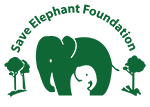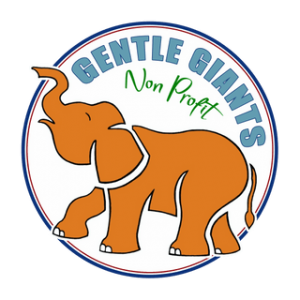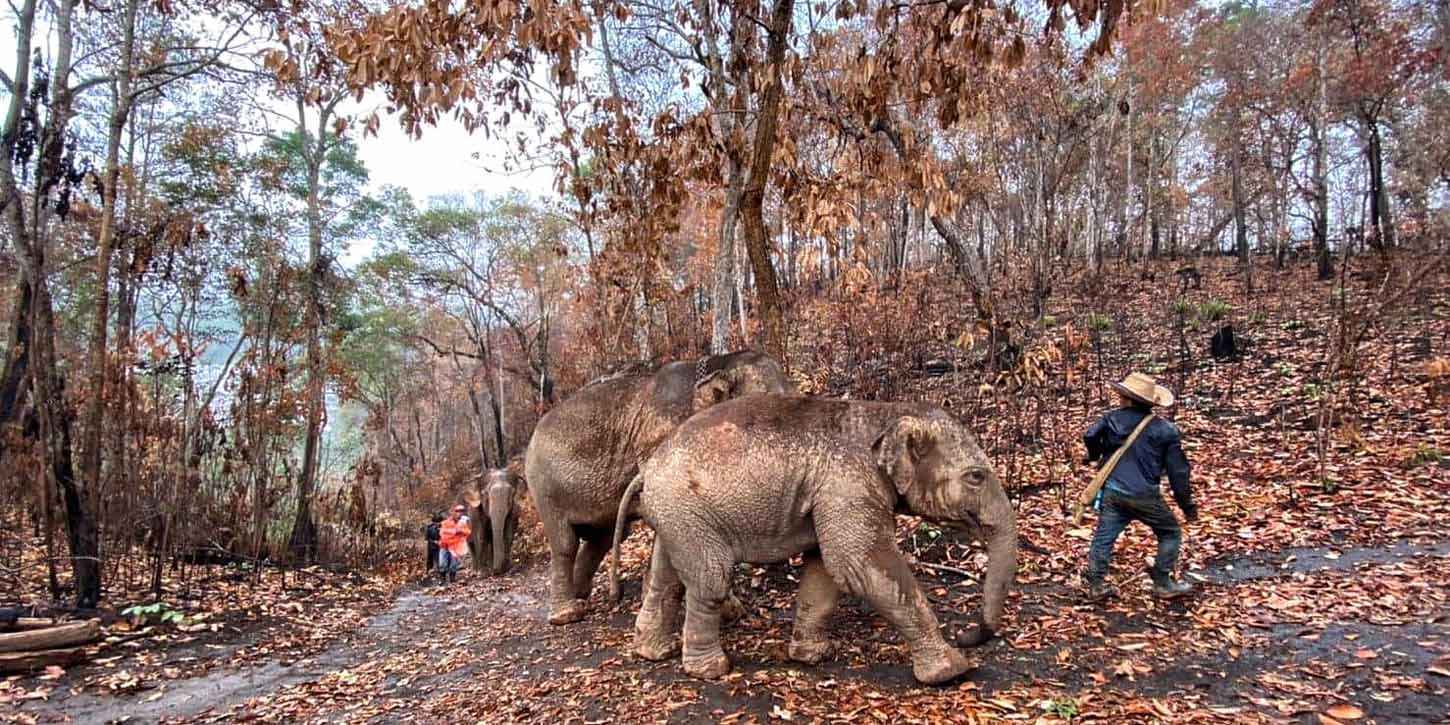
In March 2020, Thailand closed its borders to international visitors in response to the Covid-19 pandemic – an action that suddenly cut off the income stream used to care for thousands of Thailand’s captive elephants “employed” in the tourist industry. Since then, many have faced starvation and long unbroken periods on chains, without appropriate care.
There were approximately 3,500 elephants across 260 tourist elephant camps in Thailand in January 2020. These camps have historically offered a multitude of unethical activities for entertainment with elephants including elephant riding and circus shows. While there have been massive, ongoing international campaigns by animal welfare groups to phase out these exploitative activities, the abrupt loss of tourist revenue left camp operators and elephant owners as abandoned as the animals themselves.
Initially, when the Thai government closed the borders, many elephant camp owners optimistically assumed that the Covid-19 crisis would last just 1 or 2 months and weren’t prepared for the long-term impacts, having no contingency plan.
Save Elephant Foundation (SEF), led by its founder Lek Chailert, immediately stepped in to provide support for as many elephants as possible throughout the crisis. It was clear that the situation required a multifaceted approach to safeguard the elephants and the people who dedicate their lives to caring for these majestic giants.
SEF initiated immediate support through a number of projects dedicated to providing help, including an elephant food bank, the farm to herd campaign, elephant foster programs, and upskilling people working with elephants to improve their income during the crisis and beyond.
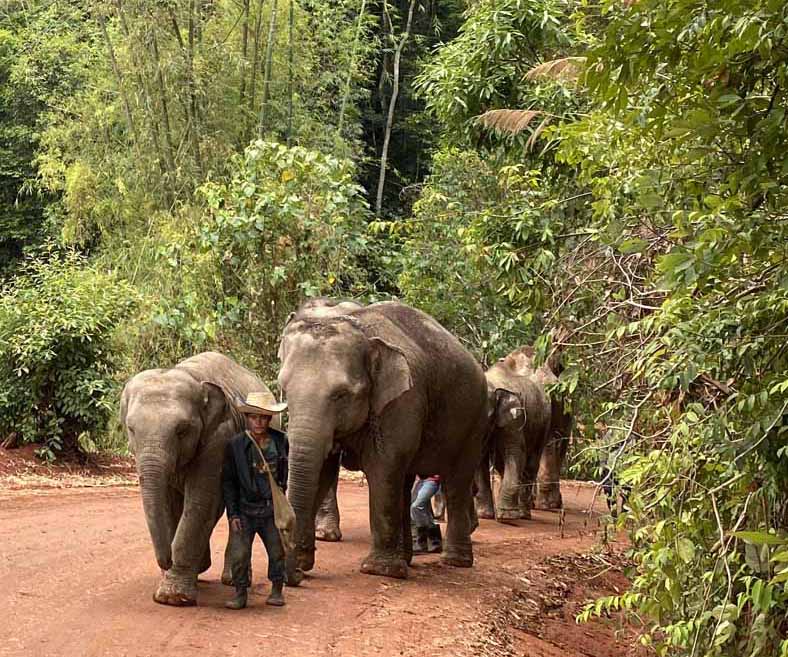
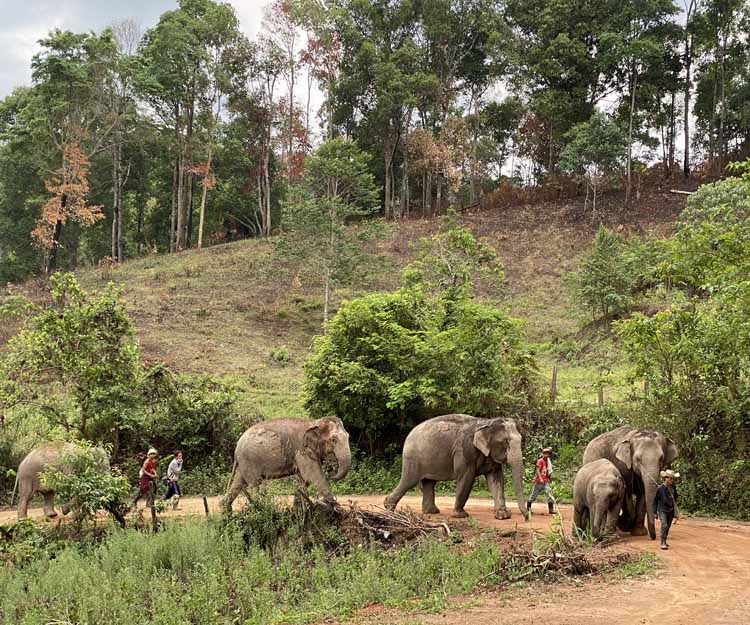

Elephant Food Bank
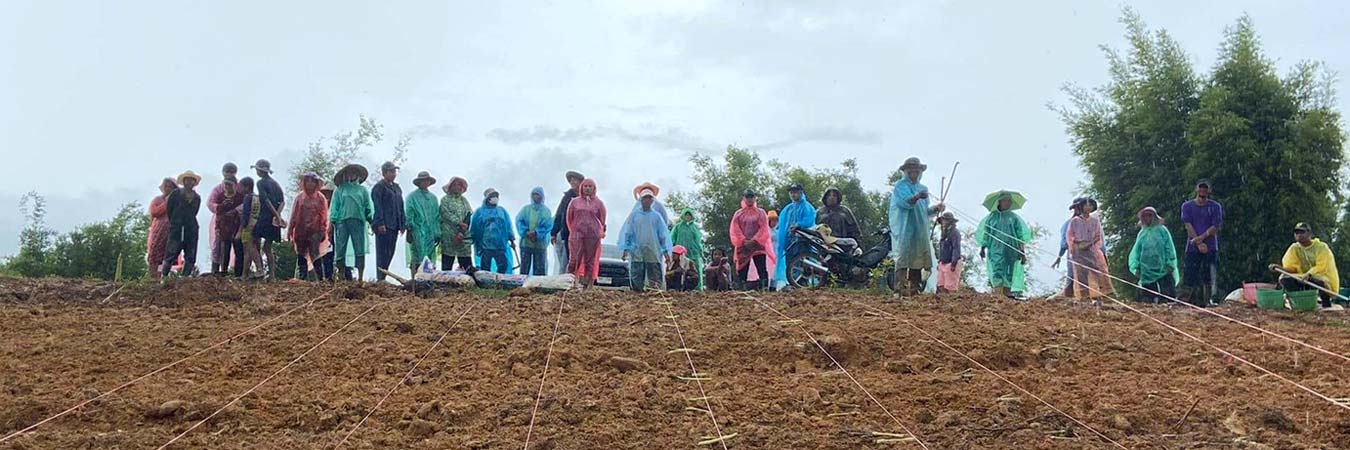
During the Covid-19 pandemic, Save Elephant Foundation (SEF) responded with an emergency Elephant Food Bank Program to provide critical support to elephants in need. With the demand for these resources growing daily, it quickly became evident that there was a need to develop sustainable long term solutions as the pandemic continued to compromise the ability of so many to take care of their animals.
In response, we used a grant from the US non-profit, GreaterGood, coupled with donations to support the lease of land to sustainably grow food at three locations in Thailand.
- Southern Thailand – 211 acre
- Northeast Thailand – 46.5 acre
- Northern of Thailand – 139 acre
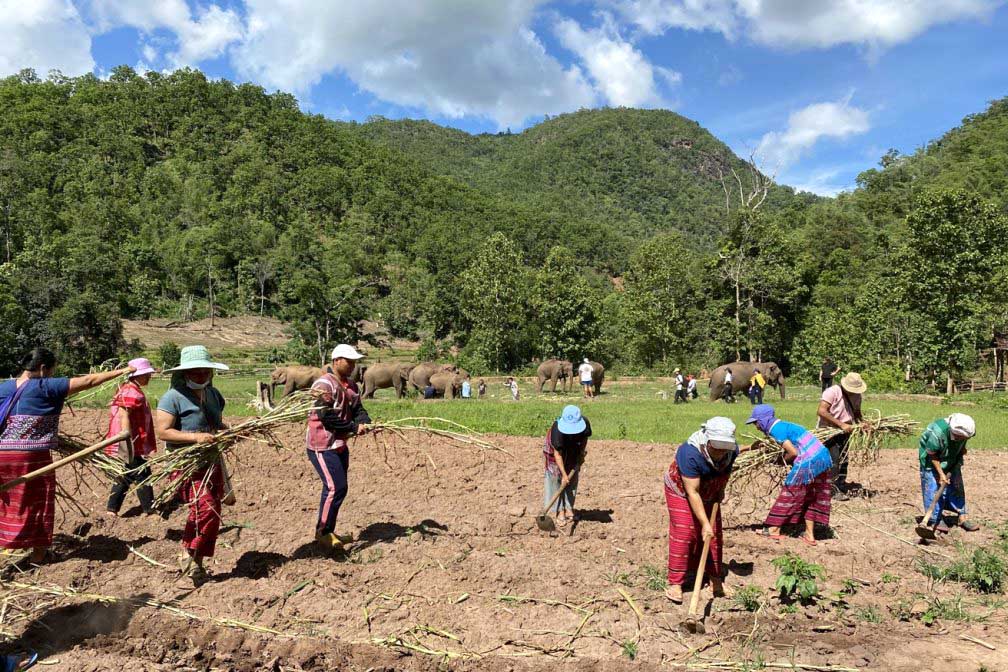
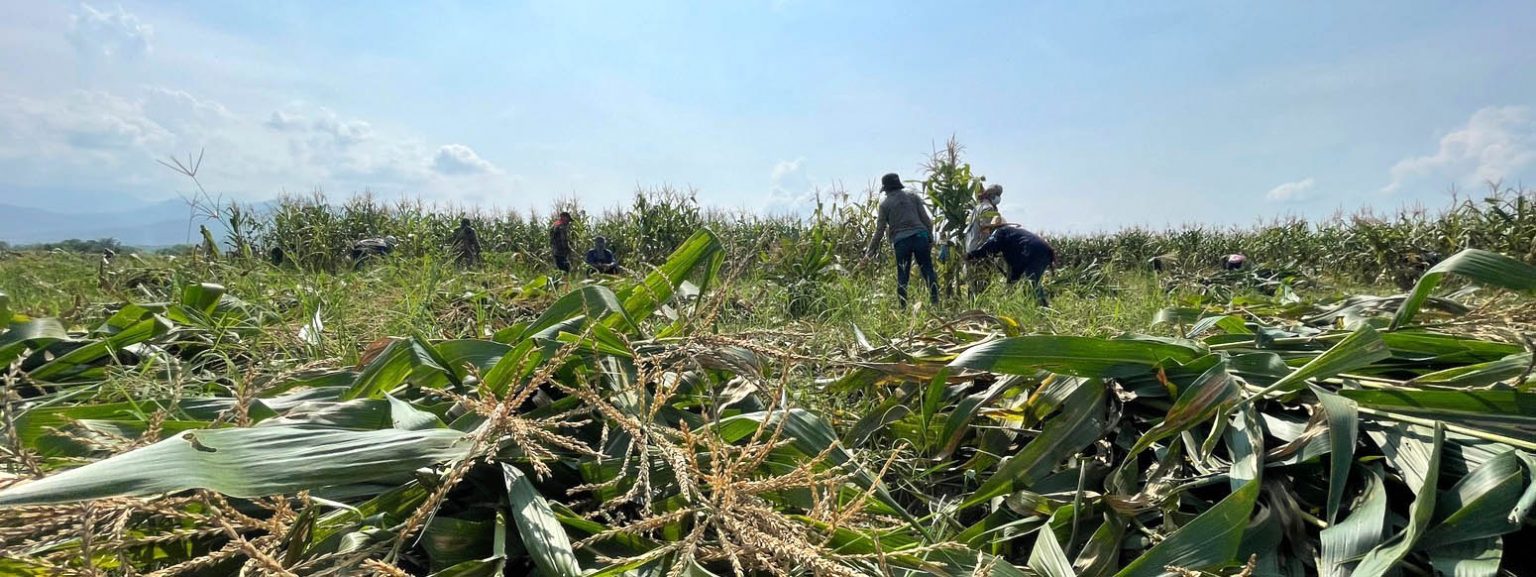
This will allow for the Elephant Food Bank Program to continue providing food for hundreds of elephants across Thailand for the next 2-3 years with the opportunity to extend the program with additional financial support.
Thanks to the incredible support of GreaterGood, Trunks Up, the Centre for a Humane Economy, Future for Elephants e.V, along with donors from around the world, we have been able to provide 260 camps and approximately 2,000 elephants with food.
Farm to Herd
Elephant Fruit Cakes
As a result, we have started to work with these farmers to help feed our elephants which has afforded us an opportunity to offer the high in demand, jumbo celebrations cakes. The cakes have helped us create jobs for the local community, support more farmers to have an income, feed our herd with tasty treats and provide the perfect way for our supporters to celebrate a special occasion.
Elephant Foster Program
Another response to the COVID19 pandemic was the evolution of our foster care program. SEF partnered with two US based non-profits: Trunks Up (www.jointrunksup.org) & Gentle Giants (www.thegentlegiants.org) to help build programs supporting elephants in desperate need.
The foster programs help to provide both immediate support for food and shelter during the COVID19 pandemic, and to create long-term change to ensure the elephants do not have to go back to work in abusive industries post COVID19.
These outreach programs have enabled Save Elephant Foundation to engage with elephant owners and work on solutions for long term change and a better life for the elephants and their caretakers. The support of Trunks Up and Gentle Giants has already reached 218 elephants and continue to bring more under their care where funding allows.
Retraining & Upskilling Workshops
Since the Covid-19 pandemic hit, it became clear that many mahouts had no alternative income to support their elephants and families. For decades, they had relied solely upon the tourist industry to survive, and with the decimation of tourism, had no way to support themselves financially.
SEF immediately began hosting workshops throughout Thailand to teach mahouts and their families new skills that would allow them to earn an alternative income throughout the crisis and beyond.
The workshops included developing skills such as painting, making jewelry, editing videos, and utilizing social media to help promote their work online. All of the products designed by the mahouts and their families are sold via our Elephant Emporium online store, Lazada, Shopee, and by our partners worldwide.
Each product sold not only helps to support the elephants and mahout families financially, but also gives them new skills that can provide an alternative source of income, independent from the tourist industry. Education and a diversified skill set are the best ways to help them survive the huge challenge that the Covid pandemic has presented.
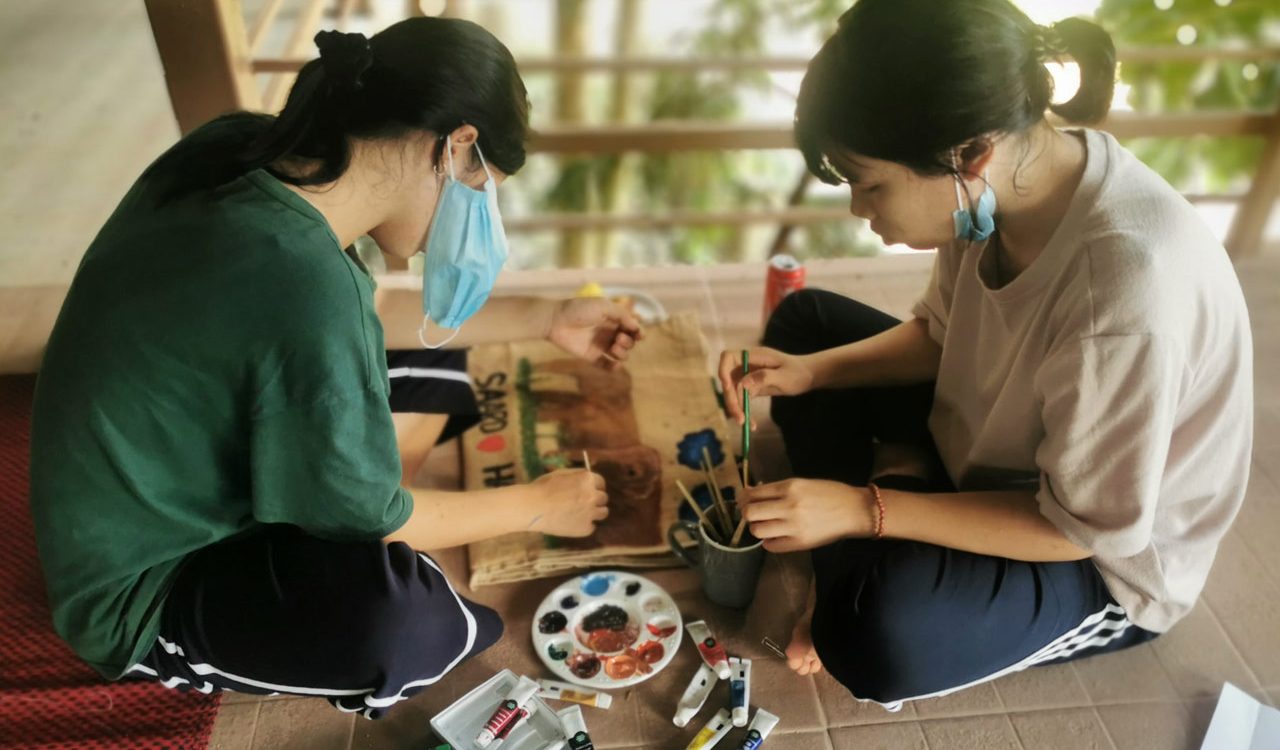
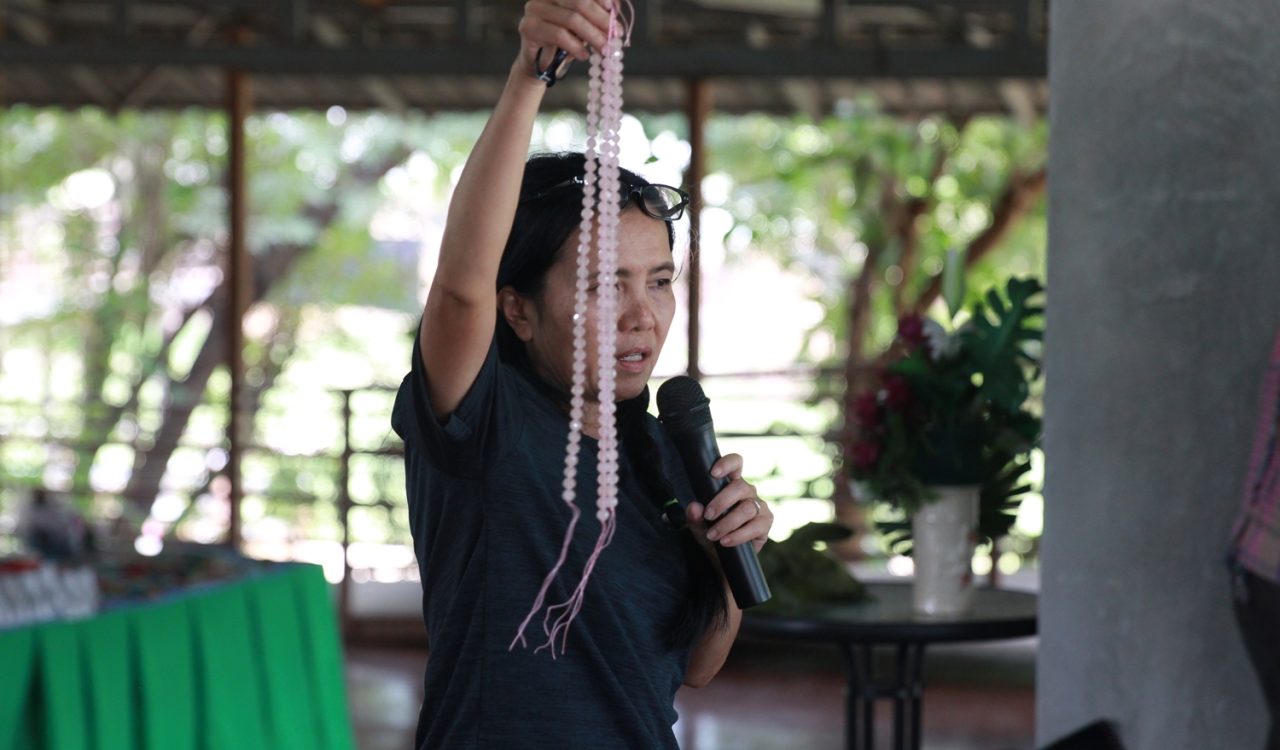
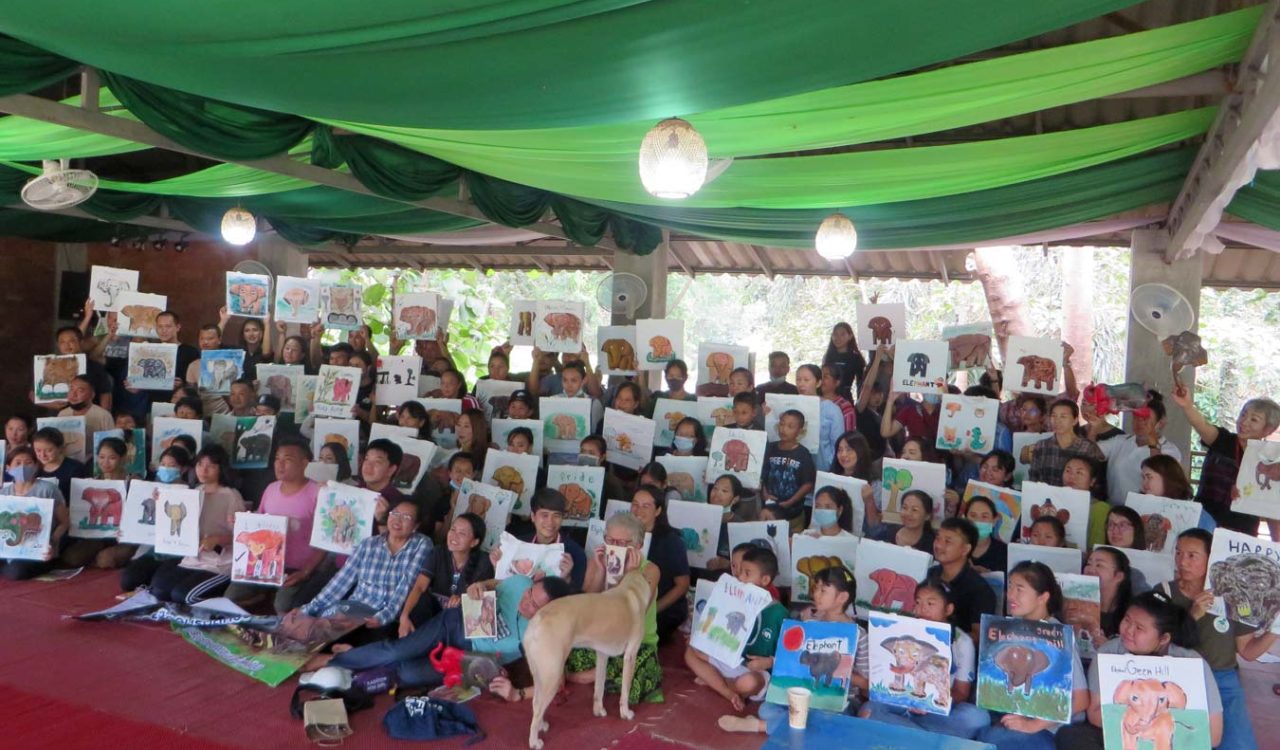
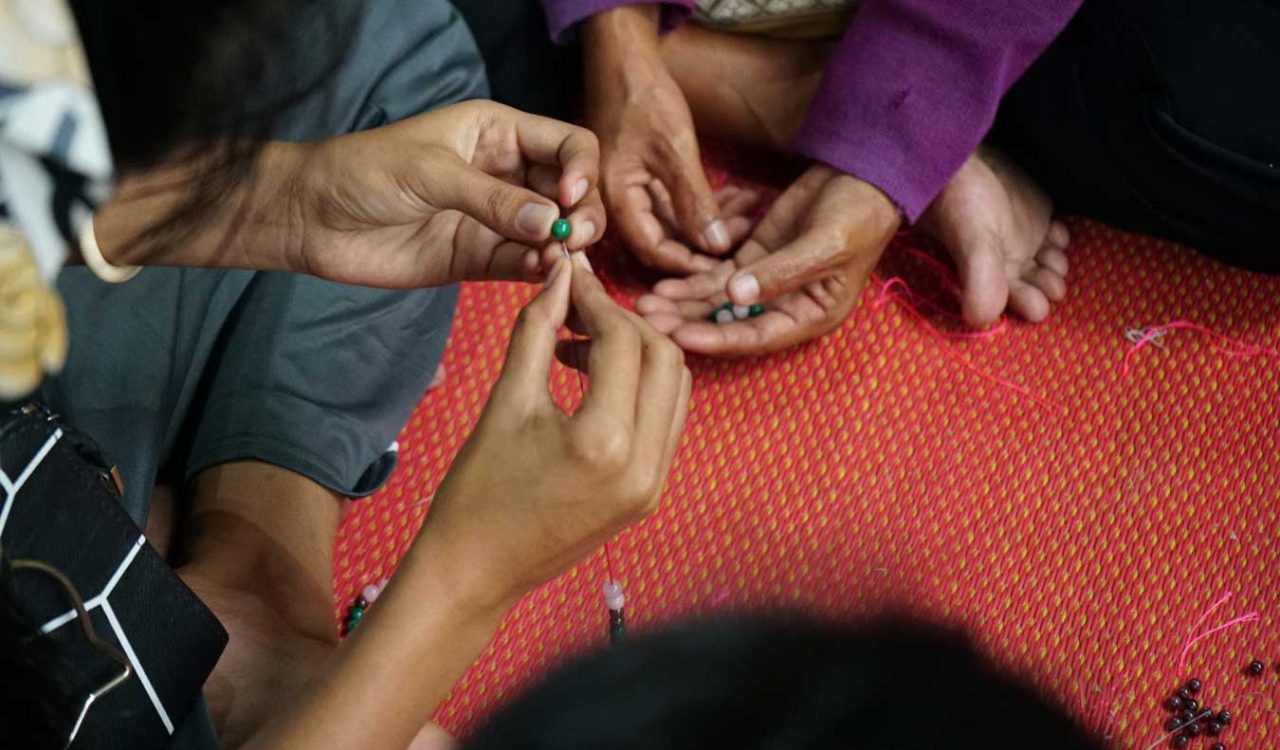
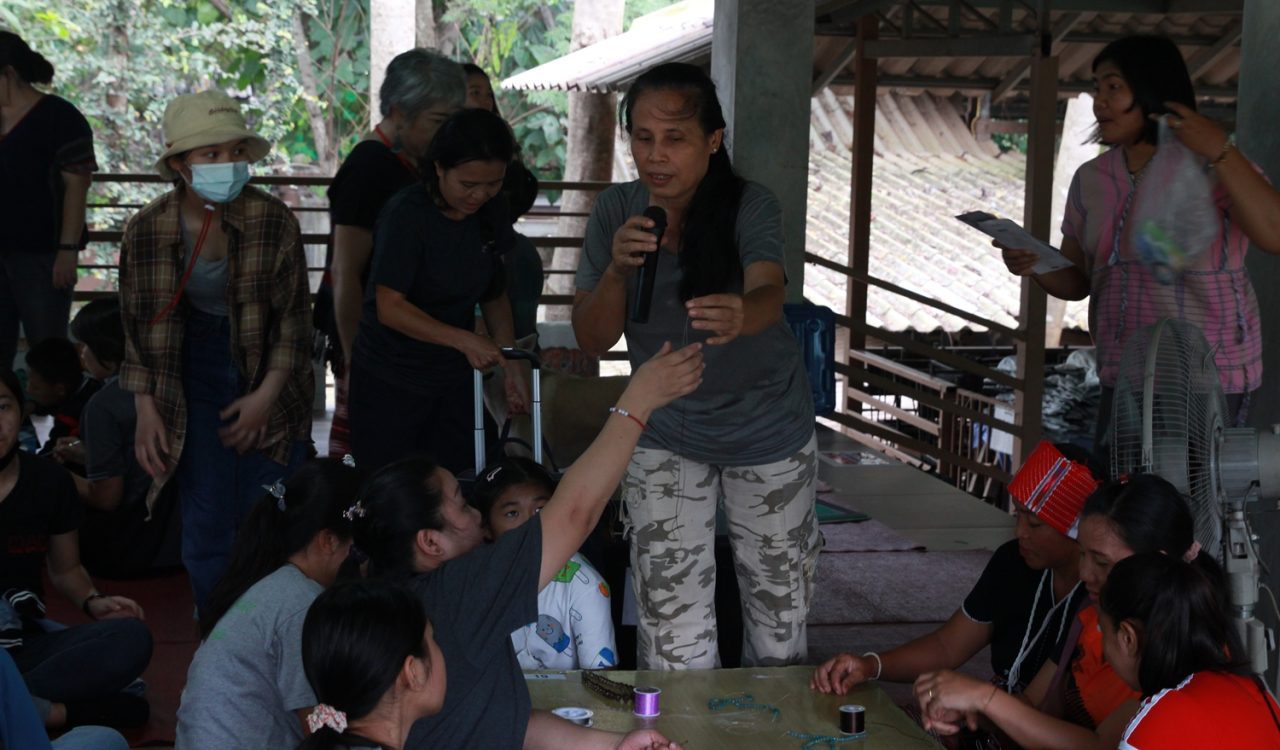
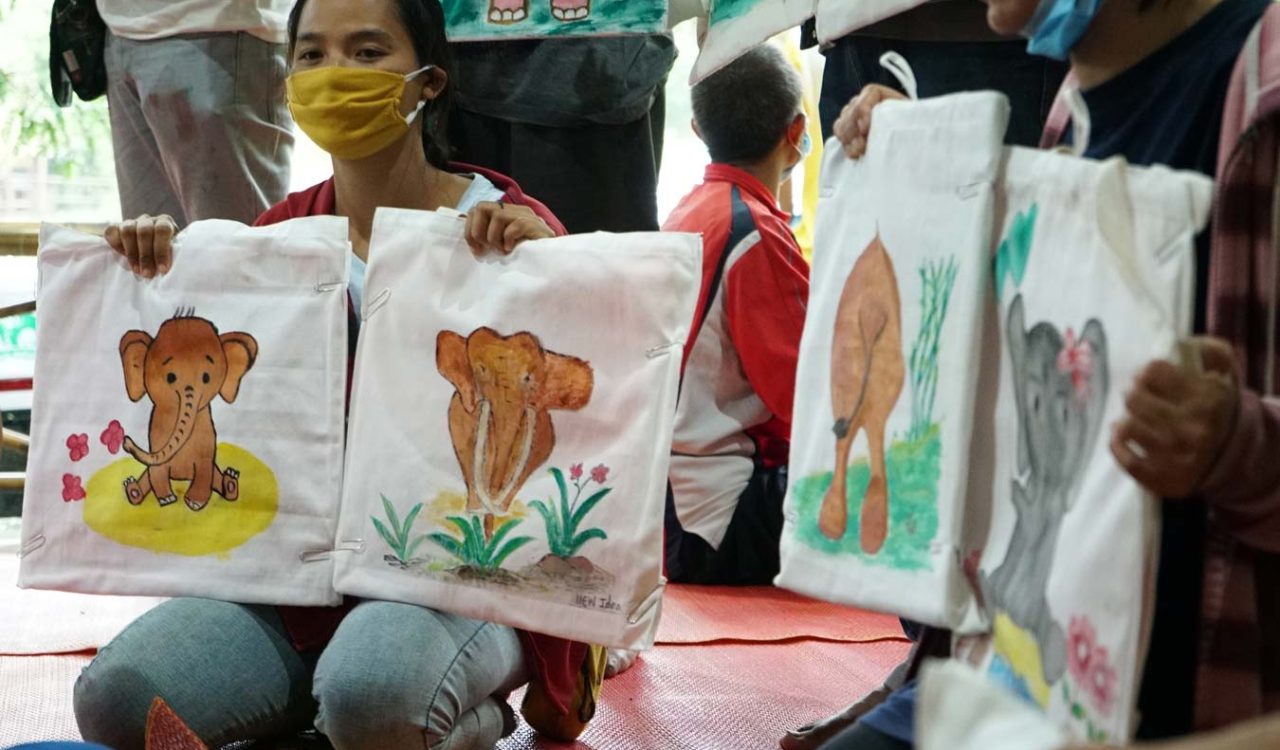


By facilitating these workshops and offering alternative financial support, many elephant keepers have been able to avoid the need to move their elephants into logging or street begging for an income. The workshops have allowed many elephant owners to become more self-sufficient, which helps to ensure the welfare of the elephants under their care.
